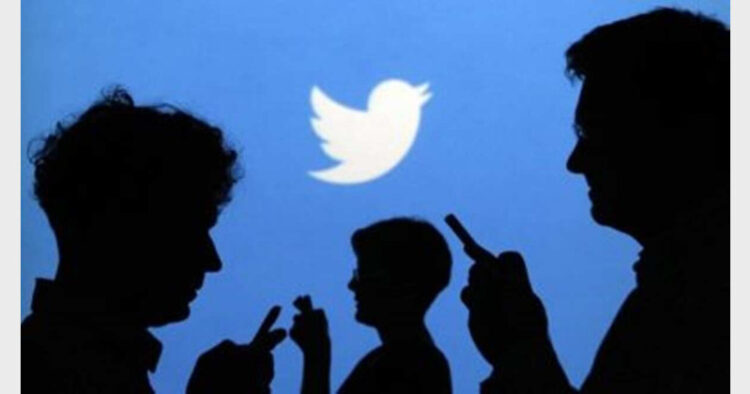New Delhi: Twitter’s confrontation with political parties and ruling regimes is not unique to India. On Jan 8, 2021, Twitter announced the permanent suspension of Donald Trump’s account and said, “After close review of recent Tweets from the @realDonaldTrump account and the context around them — specifically how they are being received and interpreted on and off Twitter — we have permanently suspended the account due to the risk of further incitement of violence”.
Prior to that confrontation went on for months. At one point in 2019, Trump had complained that Twitter had done a “shadow banning” of the Republicans. Contrast these with Nov 12-13, 2016. As ‘President-elect’ Donald Trump told ‘CBS 60 Minutes’: “The fact that I have such power in terms of numbers with Facebook, Twitter, Instagram etc…I think it helped me win all these races”.
Indian parliament’s standing committee on IT in February 2019 had disallowed its executive director Mahima Kaul to appear before the panel.
BJP lawmaker and now Union Minister of State for Finance, Anurag Thakur, was the chairman of the panel and even BJP patriarch L K Advani was a member of the panel.
Twitter had fought with the US Congress and also legislature bodies of Singapore and the European Union. Now that the Twitter-Delhi police has come to the fore, various pros and cons are being debated.
BJP’s Guru Prakash now says Congress seems to have found an ‘ally’ in Twitter in its long-drawn battle against the Modi government. For his part, Congress leader Salman Khurshid says Delhi cops visiting the microblogging platform’s Gurugram and Delhi offices was like ‘browbeating’ the site.
Congress national convener Ruchira Chaturvedi even joined the bandwagon where ‘demands’ have started with hashtag #BanTwitterInIndia.
“And bhakts are trending #BanTwitterInIndia on Twitter. Didn’t they say they were moving to Koo? They are still here?” tweeted Ms Chaturvedi.
After the US Presidential elections, it came to light even in the western media that much of the political content Americans saw on social media was actually ‘not produced by human users. It was reported one in every five election-related tweets from Sept. 16 to Oct. 21 in 2016, – that incidentally, Trump won against Hillary Clinton was generated by computer software programs called social ‘bots’.
In circa 2020, Scott Nover wrote: “Joe Biden may have won, but it was Twitter’s election”.
Nover is a Washington-based reporter who writes about social media for Adweek.
Even the BBC reported on Nov 4, 2020, that “Twitter had earlier taken similar action over a post in which Donald Trump said for the first time that his opponents “are trying to steal the election”.
In India too, BJP leaders and sympathisers know pretty well how anti-Modi and anti-government have been sharing more time and space on social media.
Many say the popular microblogging site has given itself a new role.
It is no longer a technology enabler platform and hence rules of the game must change and if ‘Twitter takes on the role of an editor, the FDI policies on the foreign media should fall on them, says a BJP leader.














Comments